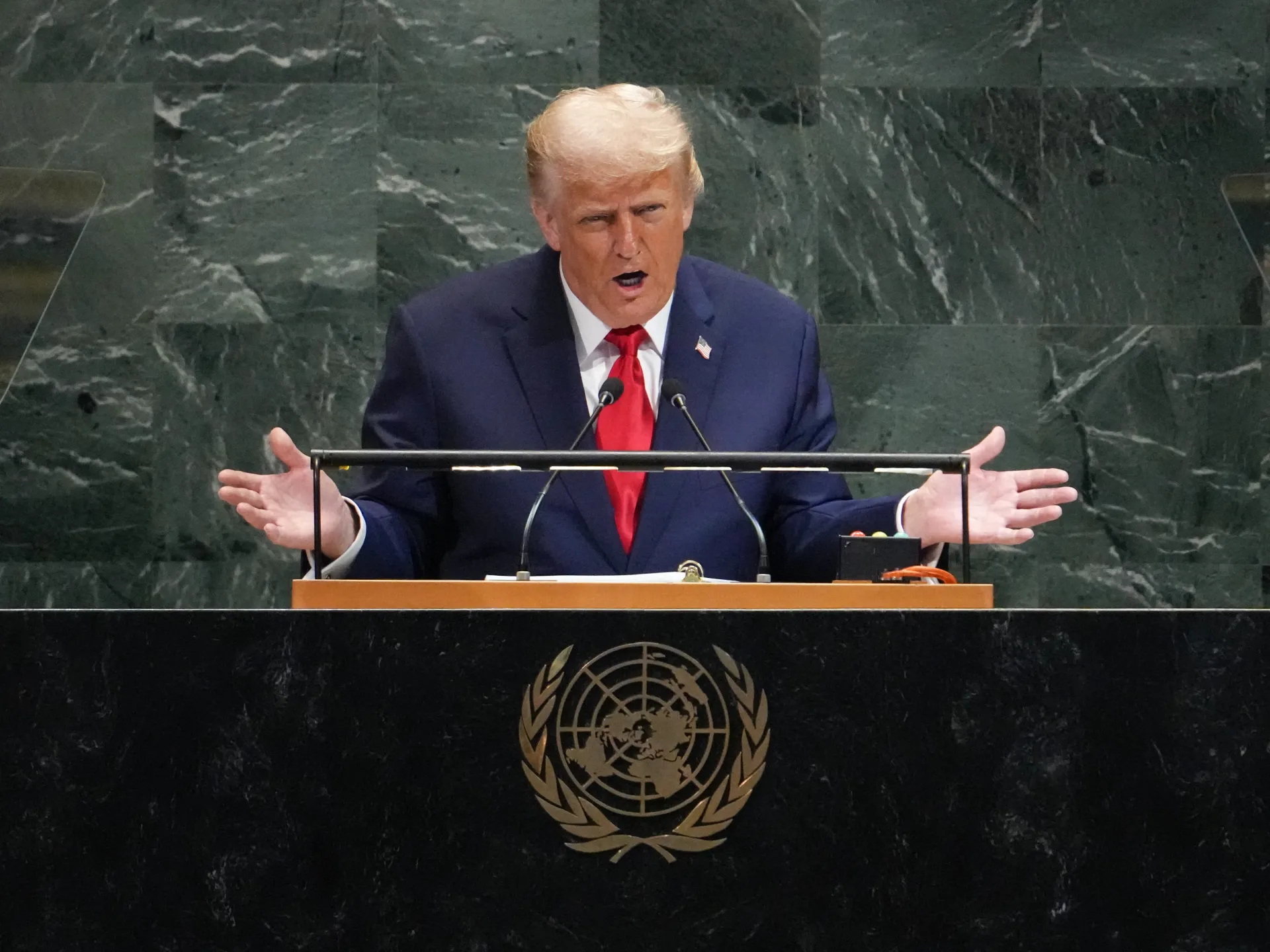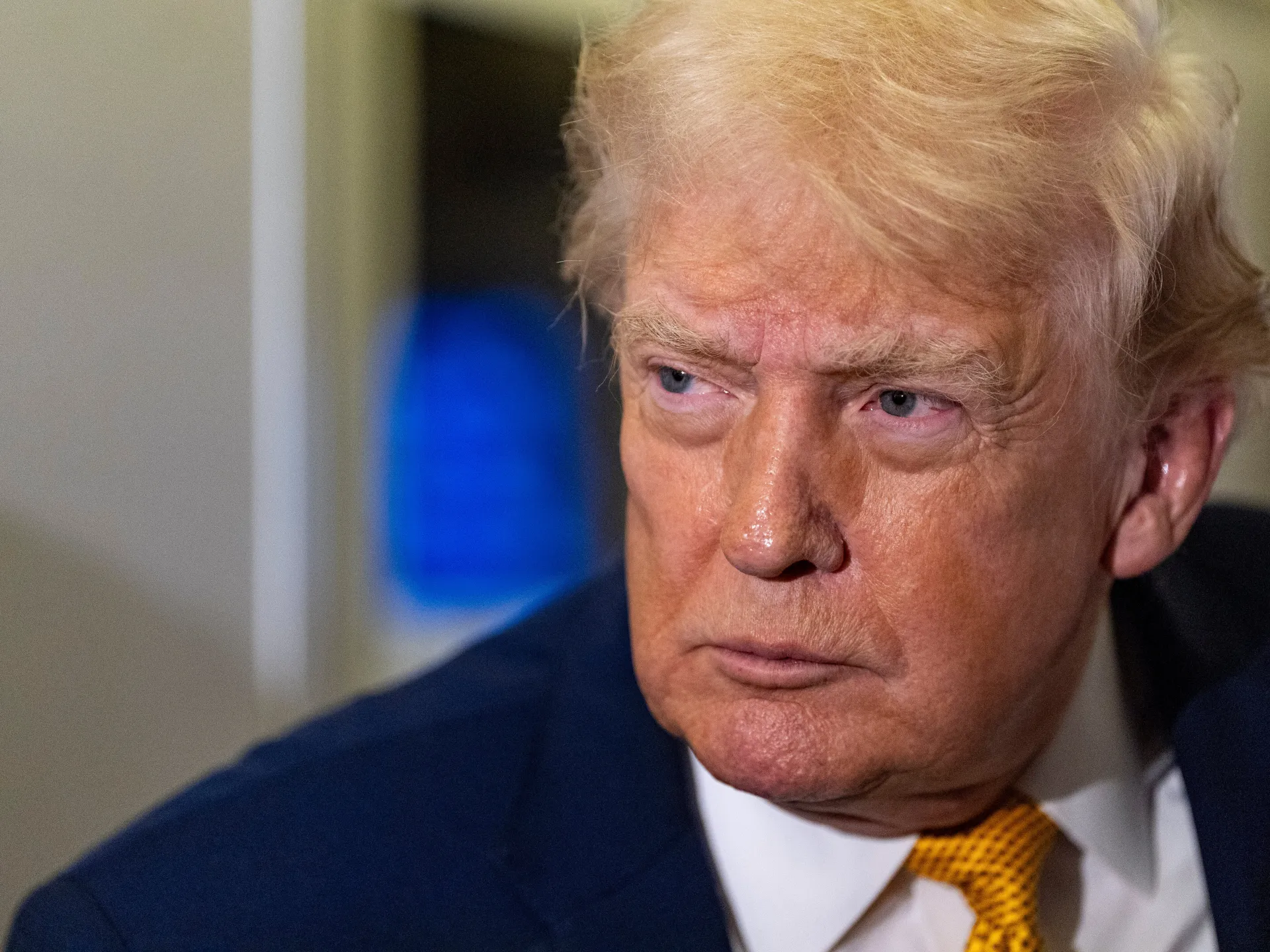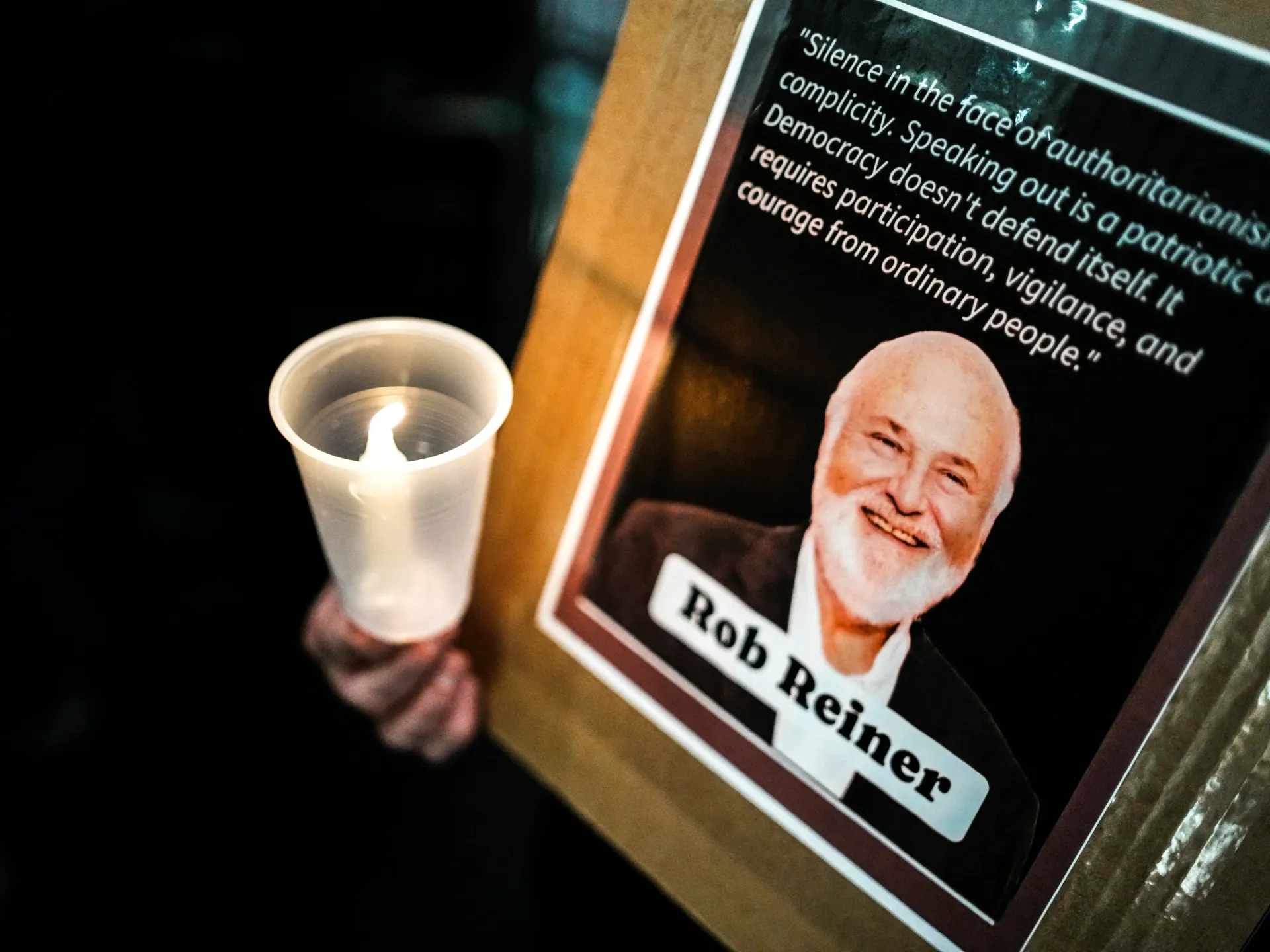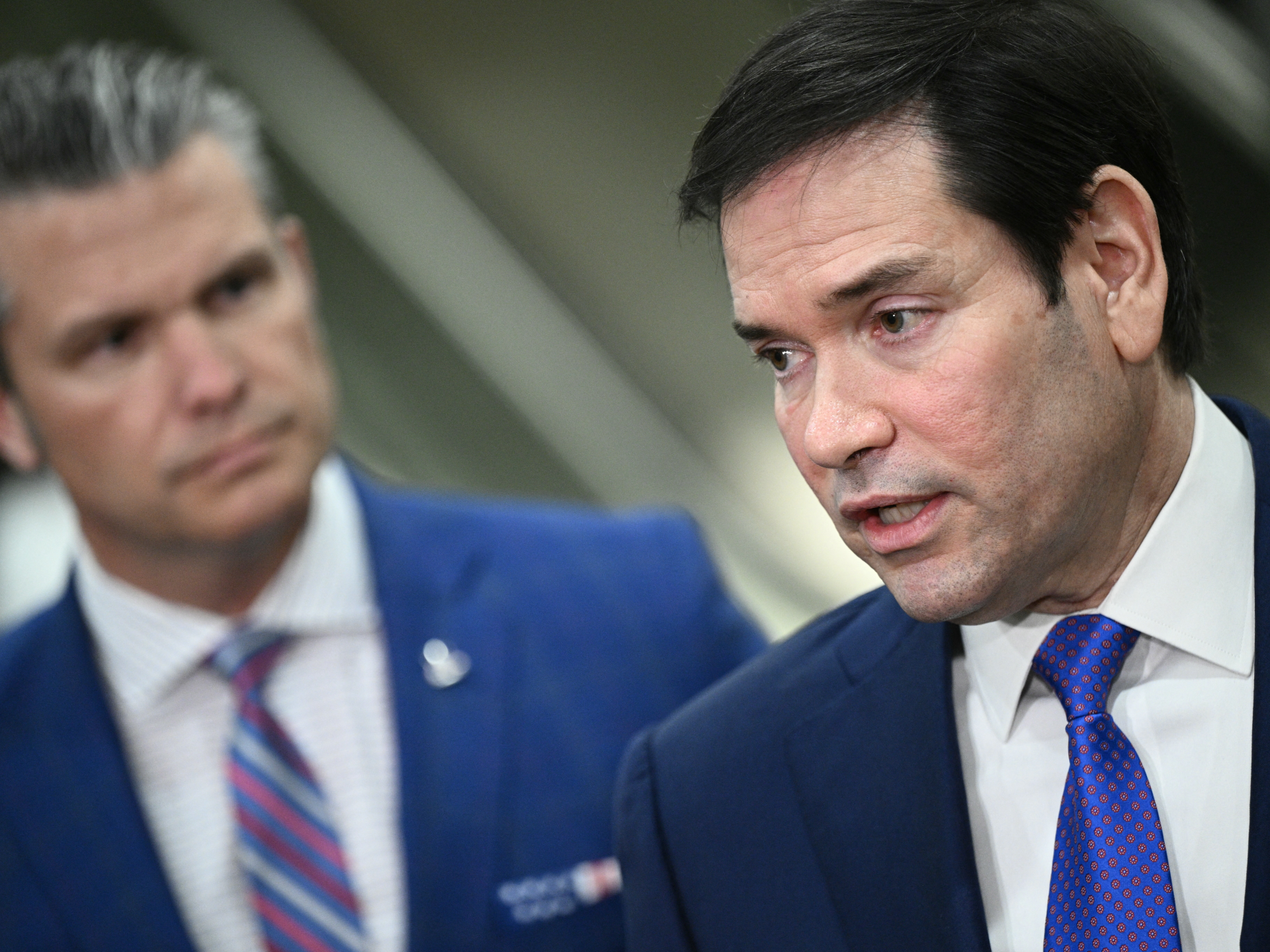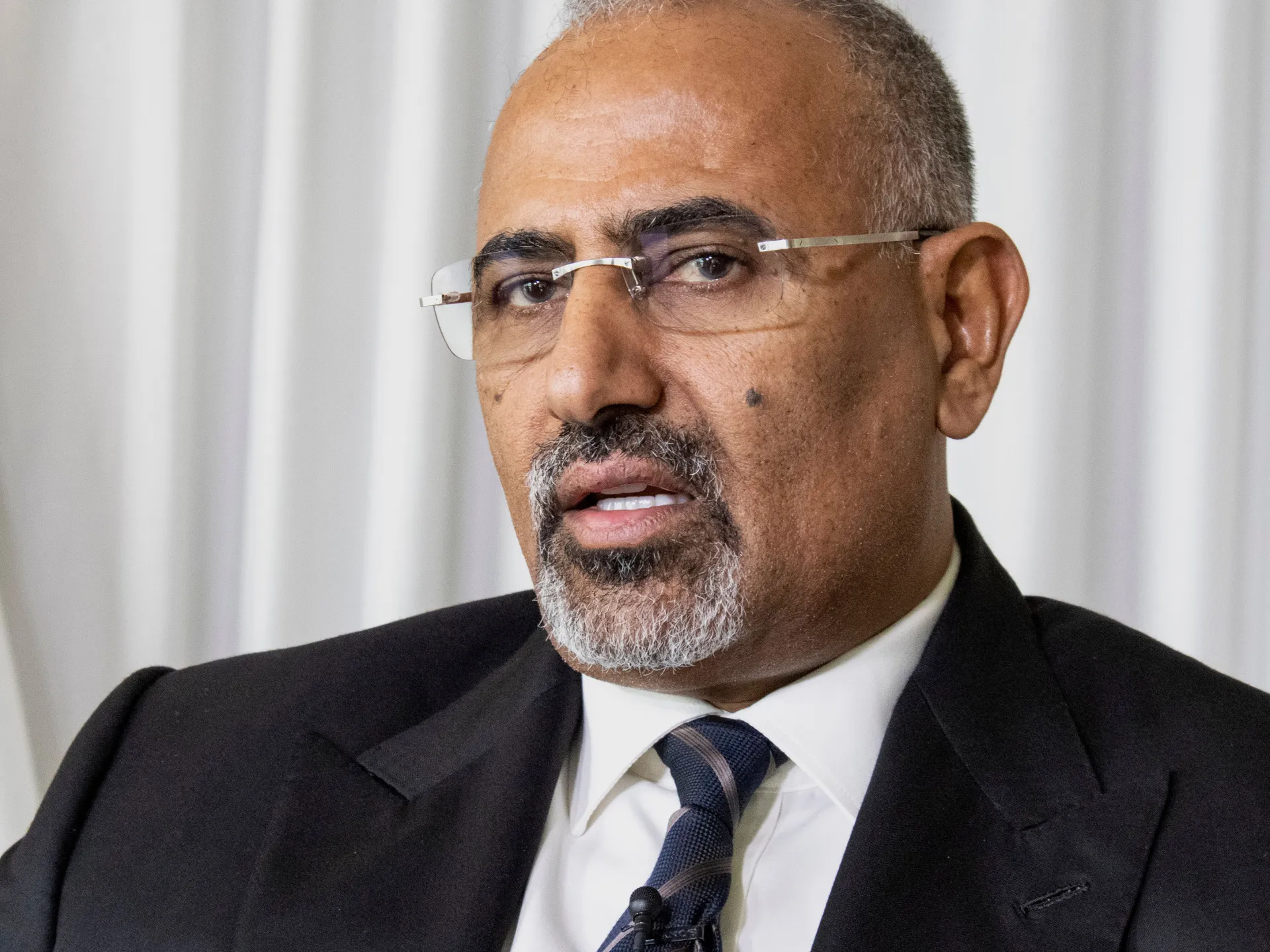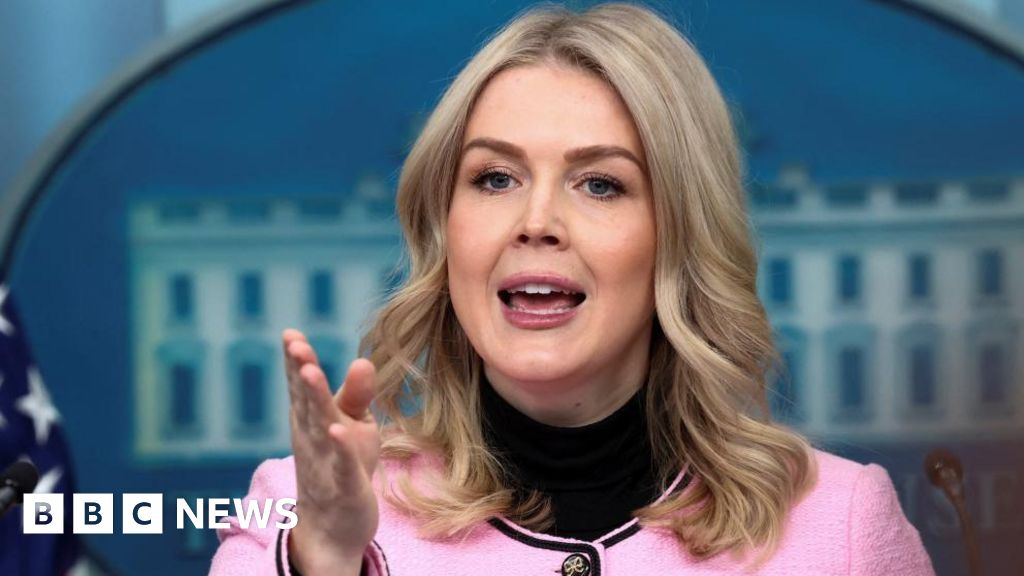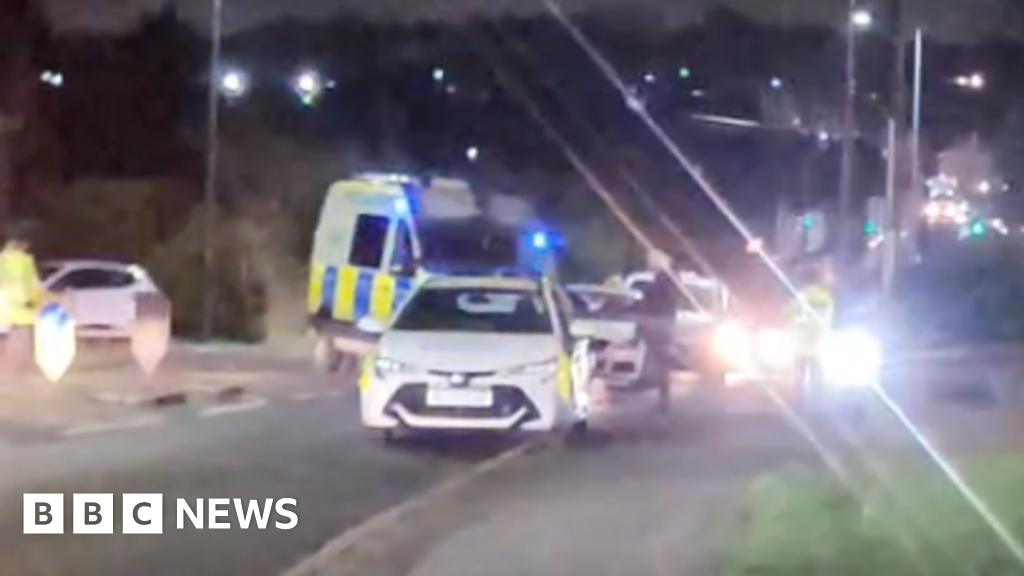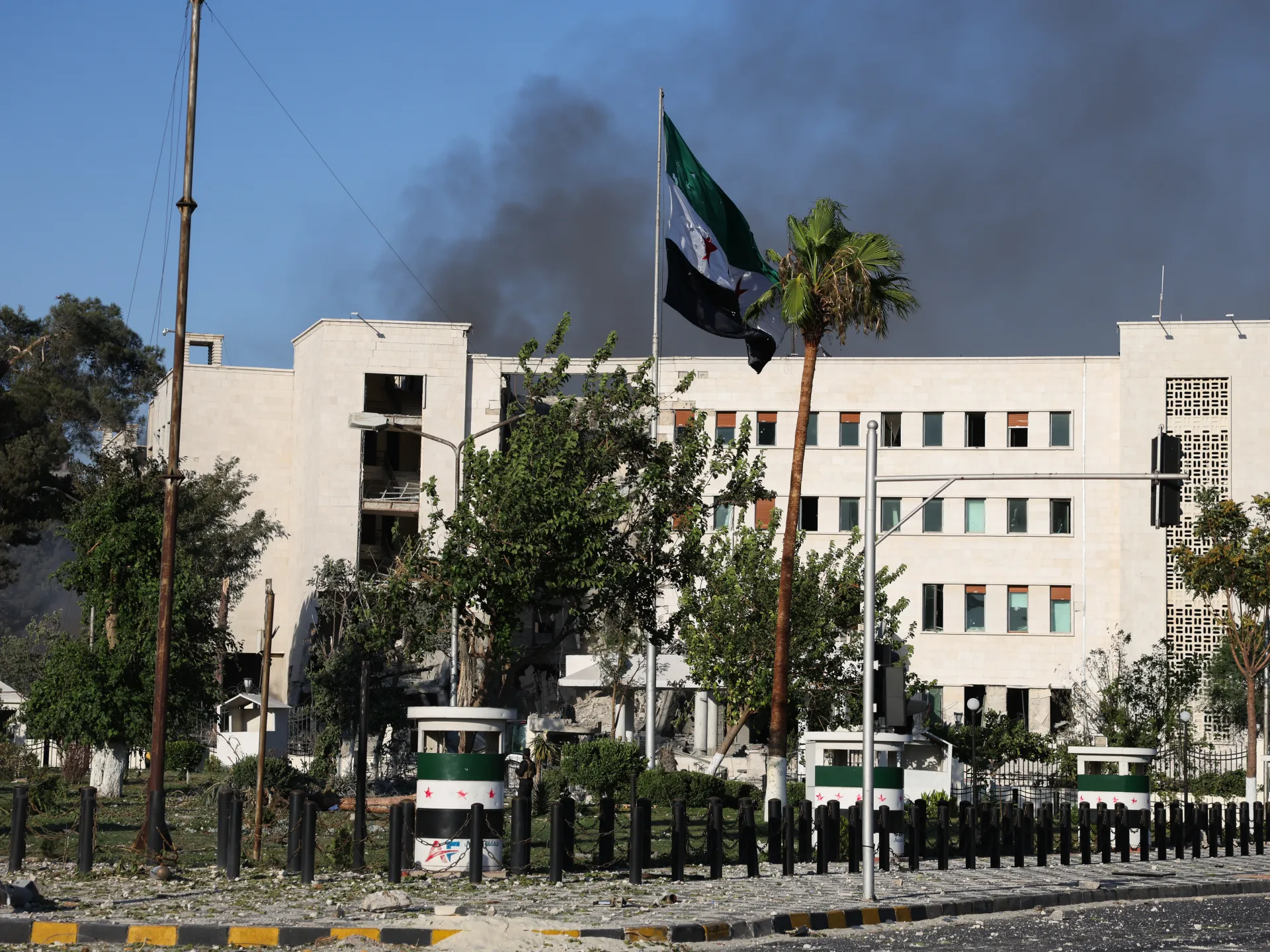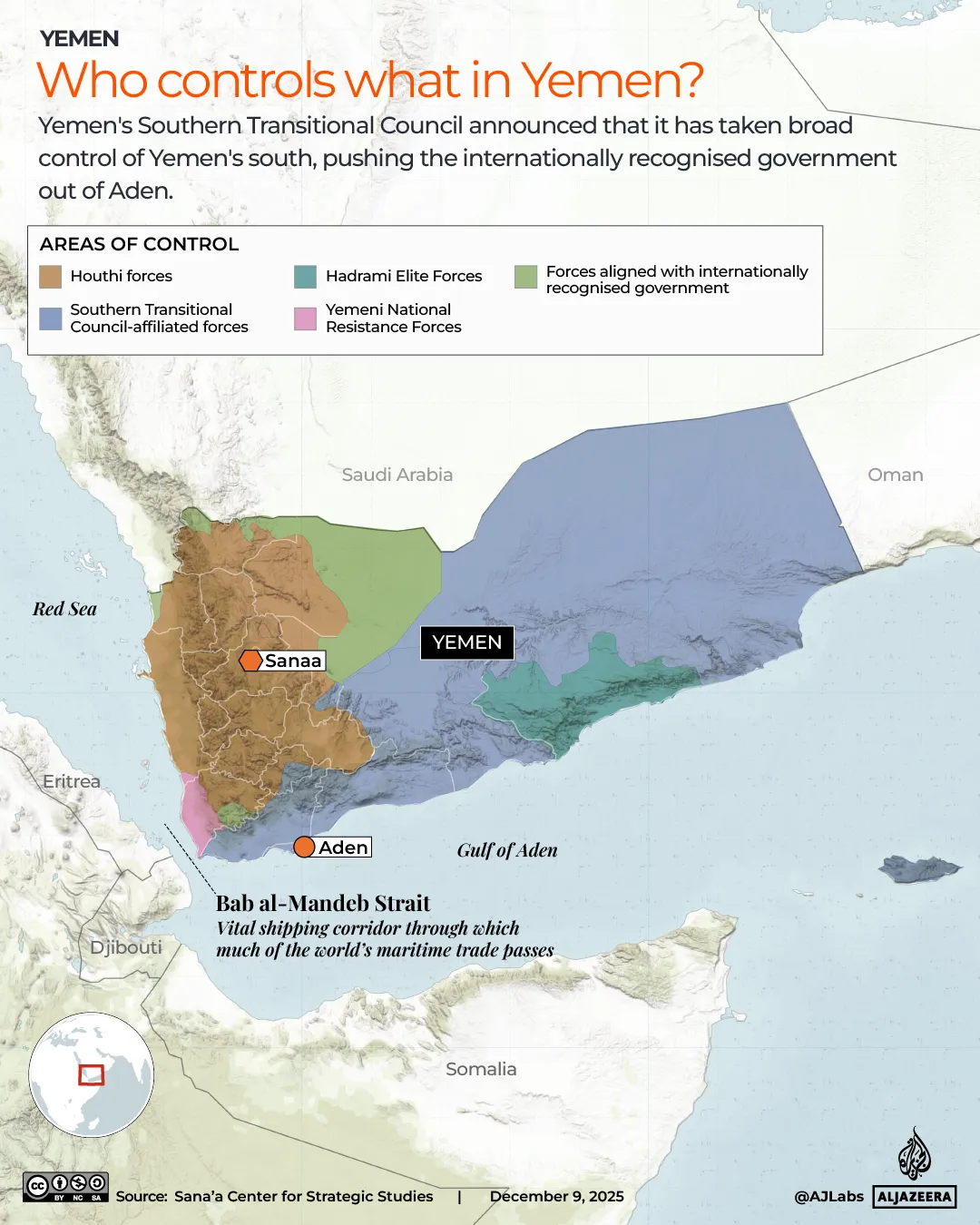Andrew was paid millions by oligarch with funds from firm linked to bribery scheme
James Oliver,BBC Panorama,
Will Dahlgreenand
Andy Verity,BBC News Investigations
 Getty Images/BBC
Getty Images/BBCAndrew Mountbatten-Windsor received millions of pounds from an oligarch using funds from a firm implicated in criminal corruption, a BBC investigation has found.
Kazakh billionaire Timur Kulibayev has told the BBC through his lawyers that he used a loan from a company called Enviro Pacific Investments to help him buy Andrew’s former mansion.
Prosecutors in Italy concluded that the firm had received cash from a bribery scheme in 2007.
Weeks after the last of these payments was made, the oligarch bought Sunninghill Park in Berkshire from the then prince for £15m – with the help of funds from Enviro Pacific.
Kulibayev is the son-in-law of Kazakhstan’s then-president and was one of the most influential officials in the central Asian country’s oil and gas industry. The BBC has also learned that, in another case, an Italian businessman pleaded guilty to bribing the oligarch.
Kulibayev’s lawyers told us he has never engaged in bribery or corruption, and the funds used to acquire Sunninghill Park were entirely legitimate.
The revelations raise questions about whether the then-prince may have inadvertently benefited from the proceeds of crime and whether he and his advisers conducted the proper checks required by law to avoid this.
Money laundering expert Tom Keatinge, director of the Centre for Finance and Security, said the deal had “blatant red flags” which should have prompted detailed checks to ensure it was not “helping to launder the proceeds of corruption”.
Kulibayev reportedly paid £3m more than the asking price and an estimated £7m more than the property’s market value.
The former prince did not respond to the BBC’s requests for comment. He told the Daily Telegraph in 2009, after criticism of the deal: “It’s not my business, the second the price is paid. If that is the offer, I’m not going to look a gift horse in the mouth and suggest they have overpaid me.”
On the market
Sunninghill Park was given to Andrew by the Queen as a wedding gift in 1986. A modern two-storey red-brick mansion, the 12-bedroom house, with 12 matching bathrooms and six reception rooms, was mocked for its resemblance to a Tesco superstore.
After it was first put on the market in 2001 and failed to attract offers, Andrew became personally involved. The former prince used the opportunity of an official visit to Bahrain as the UK’s trade envoy in 2003 to personally try to sell the property to Gulf royals, according to Simon Wilson, who was deputy ambassador at the time.
But a buyer eventually emerged through the then prince’s connections to a different country: Kazakhstan. In 2002, Andrew had become patron of the British-Kazakh Society jointly with the country’s autocratic president Nursultan Nazarbayev. Andrew visited the country in 2006 and, later that year, Nazarbayev met the then Queen at Buckingham Palace.
In 2007, an offer for Sunninghill Park came from Timur Kulibayev, Nazarbayev’s son-in-law.
 AP Photo/Nikita Bassov
AP Photo/Nikita BassovAt the time, he had a fortune estimated at more than £1bn and a key role running the country’s sovereign wealth fund, Samruk-Kaznya, which owns much of the state’s oil and gas industry.
Andrew had reportedly been introduced to Kulibayev by Kazakh businesswoman and socialite Goga Ashkenazi, who has two children from an affair with the oligarch. She later described the prince as a close friend, but now says she has not had any dealings with him for about 15 years.
Andrew and Ashkenazi were photographed in June 2007 attending Ladies Day at Ascot with the Queen. In the same month, contracts were exchanged for the purchase of Sunninghill. Kulibayev used an offshore company he owned, Unity Assets Corporation, to buy the mansion. The Royal Family’s solicitors, Farrer & Co, acted for the seller.
The transaction was completed in September that year. The same month, royal records show, British taxpayers picked up a bill for £57,000 for a chartered flight for the former prince to visit Kazakhstan on official business as trade envoy.
 Getty Images
Getty ImagesAt the time of the sale, the UK government was raising concerns about Kazakhstan. Then-Europe Minister Geoff Hoon told MPs in April 2007 that “allegations of systematic corruption” in the country were “rife”.
Despite these concerns – as well as Andrew’s official role as trade envoy and his position then as fourth-in-line to the throne – the identity of the buyer was not disclosed by either of the parties, or by Buckingham Palace.
In 2007, there was no requirement to identify the owners of offshore companies which bought UK property, and Kulibayev was only named by the media three years later.
Links to corruption
Questions were raised about the deal’s links to corruption in 2012, when media reports said Italian prosecutors were investigating allegations involving Kulibayev.
The allegations included the possibility that bribes might have been used to fund the purchase of Sunninghill Park through Enviro Pacific Investments – the company which has now been confirmed as partly funding the deal. These investigations did not lead to any charges against Kulibayev.
However, the BBC has seen documents from a series of court cases in 2016 and 2017 which together show how Italian prosecutors concluded that Enviro Pacific Investments had received cash from a bribery scheme.
These documents were first obtained by L’Espresso magazine during the International Consortium of Investigative Journalists’ Caspian Cabals project.
They suggest that Enviro Pacific Investments’ link to corruption was through another company called Aventall. In a case in Monza, Italian oil executive Agostino Bianchi pleaded guilty to paying bribes to Kulibayev and other Kazakh officials over lucrative oil contracts, and Aventall was named as one of the companies used to channel bribes. Kulibayev was not charged.
 Shutterstock
ShutterstockAccording to Bianchi’s plea agreement, Aventall was run by Massimo Guidotti, who was described as the “mediator” of corruption.
He had created a rating system measuring the influence of Kazakh oligarchs, according to court documents in a related case. In an email from 2009, he gave Kulibayev the maximum five stars. Questioned by prosecutors, Guidotti denied distributing bribes.
In a second case in Milan, prosecutors said Aventall had made payments “of an allegedly corrupt nature” to Enviro Pacific Investments – the company which lent the money for the Sunninghill purchase.
They said $6.5m (£3.27m) had been promised, but they could only find evidence of $1.5m (£755,000) of payments. The last was in April 2007, less than two months before contracts were exchanged for Sunninghill.
The prosecutors said “open sources” showed that Enviro Pacific was linked to Kulibayev. But the Milan proceedings were dismissed in January 2017 – in part because prosecutors could not link the payments to specific contracts or definitively identify the public officials who received the funds.

Kulibayev’s lawyers told the BBC that he denied being bribed, had no involvement in awarding the contracts and has not been the subject of any investigation in Italy. They said Kulibayev ”was not involved in and had no knowledge of any ‘corrupt scheme’ involving Mr Bianchi or Mr Guidotti”.
His lawyers said he has never owned or controlled Enviro Pacific and that the company never held assets on his behalf. When asked who owned it, they did not answer, citing confidentiality.
However, the oligarch’s lawyers confirmed to the BBC that their client “obtained a loan from Enviro Pacific in 2007 for commercial reasons and on purely commercial terms at a market rate” to help fund the purchase of Sunninghill Park.
It means a company alleged to be part of a corruption scheme was also involved in the deal with Andrew.
The oligarch’s lawyers did not deny the reported £6m value of the loan and said Kulibayev had later repaid it, with interest.
They said the funds used to purchase Sunninghill had been entirely legitimate and that all appropriate due diligence would have been carried out at the time. Kulibayev paid £15m to ensure he was successful in buying the property as there was a competing bidder, his lawyers said.
Red flags
Sunninghill lay empty for years after Kulibayev’s purchase and was eventually demolished in 2016. A new, 14-bedroom mansion was eventually built in its place, but it too has never been occupied.
There is no evidence that the former prince knew the source of funds used by Kulibayev to pay for Sunninghill.
But there were multiple features of the sale or “red flags” that should have raised the alarm with lawyers acting for Andrew that at least some of the money could stem from corruption.
These include:
- The British government’s concerns about “systematic corruption in Kazakhstan” at the time
- Kulibayev’s position as a public official and son-in law to the then Kazakh president
- The use of complex offshore structures involving multiple companies and loan agreements without a clear rationale for them
- The allegedly inflated price
- The lack of transparency over the identity of the purchaser
“Regardless of who you are – royal, oligarch or billionaire – those acting for you in any property transaction should be alert to the risks, both legal and reputational, inherent in offshore investments in UK property,” said Keatinge, the money laundering expert from the Centre for Finance and Security.
He said that since 2004, lawyers have been required to conduct strict checks on the source of funds, including identifying the owner of offshore companies buying property.
Margaret Hodge, the government’s anti-corruption champion, said she was “utterly shocked” by the BBC’s revelations, adding that “proceeds of crime” may have been involved “in what has already been a very controversial sales transaction”.
“These allegations need to be properly investigated by both Parliament and the appropriate national agencies. Nobody is above the law.”
Along with the former prince, Buckingham Palace declined to comment.
 Shutterstock
ShutterstockThe Royal Family’s solicitors, Farrer & Co, also declined to comment, citing client confidentiality. The buyer’s solicitor said that all required procedures were undertaken at that time and that the firm knew Kulibayev was the person buying the property.
Since Nazarbayev stood down as president in 2019, Kazakhstan’s new government has begun pursuing a legal case in Switzerland to try to recover millions from individuals and companies it accuses of corruption. The bribery scheme in Italy alleged to involve Kulibayev is part of that legal case, although the oligarch is not among the defendants.
Media reports in early 2025 suggested Kulibayev was in negotiations to pay the Kazakhstan government $1bn (£741m) in connection with an investigation into wealth accumulated during the presidency of his father-in-law.
The oligarch’s lawyers say that his wealth was accumulated through decades of business activity, that he is not under any investigation and that any suggestion he is negotiating to pay compensation for illegally acquired assets is inaccurate.


